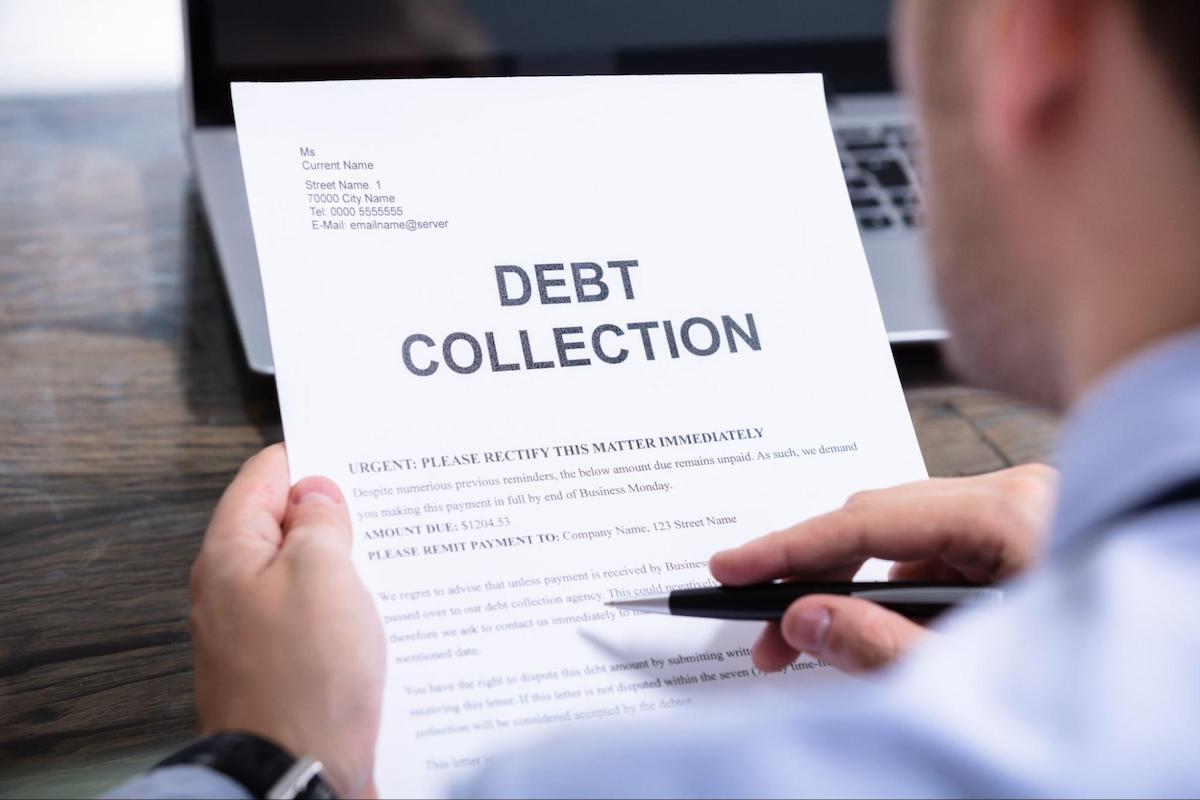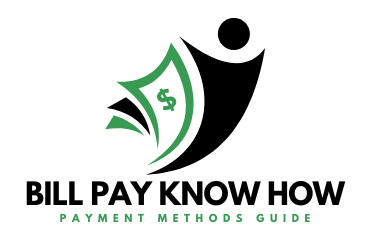In a Nutshell After reviewing your budget and creating a payment plan, find the debt collection agency’s information by looking at your credit reports. Your debt may have been bought and sold by multiple agencies, so checking your most-current reports is crucial.
We think its important for you to understand how we make money. Its pretty simple, actually. The offers for financial products you see on our platform come from companies who pay us. The money we make helps us give you access to free credit scores and reports and helps us create our other great tools and educational materials.
Compensation may factor into how and where products appear on our platform (and in what order). But since we generally make money when you find an offer you like and get, we try to show you offers we think are a good match for you. Thats why we provide features like your Approval Odds and savings estimates.
Of course, the offers on our platform dont represent all financial products out there, but our goal is to show you as many great options as we can.
Getting a collections bill in the mail is never a pleasant experience The amount owed, the threatening language demanding payment, and the fear of credit damage can leave you feeling anxious and overwhelmed However, paying off a debt in collections is manageable if you approach it systematically. This comprehensive guide will walk you through the steps to take control of the situation and resolve your collections debt properly.
What To Do When You Receive A Collections Notice
The first thing to do upon receiving a collections letter or call is to verify that the debt is valid and belongs to you. Debt collectors frequently make mistakes, so never assume a collection is legitimate without confirming key details.
To verify the debt
-
Review your credit reports and look for the original creditor and amount owed. Make sure the collection agency’s information matches.
-
Request written validation of the debt from the collector, including your name, the amount owed, and the original creditor.
-
Compare the collector’s details to your own records. Do you recall this account and amount?
If anything seems amiss, dispute the collection by sending a written request for verification. The collector must then cease collection efforts until providing proof.
Understand Your Rights In The Collections Process
The Fair Debt Collections Practices Act (FDCPA) provides consumer rights and protections when dealing with collectors. Key rights include:
-
Debt collectors cannot harass or threaten you, or call outside 8am-9pm without permission.
-
You can request no further contact in writing. The collector can only acknowledge receipt.
-
Collectors cannot discuss your debt publicly or with your employer if prohibited.
-
You can dispute incorrect information and request validation of the debt.
-
Your debt may be time-barred from legal action based on the statute of limitations.
-
You can file complaints for FDCPA violations with the Consumer Financial Protection Bureau.
Know your rights before communicating with collectors to ensure fair treatment.
Request A Pay For Delete Agreement
A pay for delete agreement is where the collection agency agrees to remove the item from your credit reports after payment. While collectors are not required to grant this, it’s worth requesting as it can improve your credit. Send your request in writing and retain a copy. Get collector agreement in writing as well before paying.
Negotiate A Reduced Payoff Amount
You may be able to settle your collections debt by paying less than the full balance. Collectors often accept reduced amounts since they likely paid pennies on the dollar for the debt. Determine what you can afford, then make an offer either lump-sum or in installments. Get any negotiation agreements in writing. Settling reflects as a paid collection on credit reports.
Make Payment Safely And Retain Records
When remitting payment, use a trackable method like a certified check or money order. This provides proof should any dispute arise over payment receipt. Alternatively, some collectors offer online payment options. Retain payment records indefinitely in case of future credit reporting issues.
Never pay collectors in gift cards or cash, which are untraceable. Avoid partial payments unless collecting agreement states they satisfy debt in full, or it could reset statutes of limitations.
Paying In Collections Affects Credit Differently
Paying collections will not raise credit scores under older FICO models. However, newer VantageScore models ignore paid collections, so may improve scores. Either way, paying is better than ignoring collections which almost guarantees credit damage. Paid collections remain on reports for seven years from first delinquency, but won’t be factored into new credit decisions.
Alternatives If You Can’t Pay
If unable to pay collections, notify the collector so they initiate no further contact. Be aware the account can still be reported as unpaid, then referred to an attorney. Other options include:
-
Negotiating a reduced settlement amount you can afford
-
Setting up a payment plan spreading repayment over months/years
-
Considering credit counseling agency assistance
-
Consulting a debt relief attorney for advice on protections
The goal is communicating with the collector and demonstrating good faith effort. Ignoring collections will only exacerbate matters.
How To Start Rebuilding Credit After Collections
Once you’ve resolved your collections debt, focus on rebuilding your credit by:
-
Staying current on all bills and payments
-
Lowering credit utilization below 30%
-
Correcting any credit report errors
-
Becoming an authorized user on someone’s positive account
-
Applying for secured credit cards and personal loans
-
Limiting hard inquiries by spacing out new applications
-
Monitoring credit reports regularly
-
Letting the paid collection age and eventually fall off
With diligent credit management, your scores can recover even after collections. The damage is not permanent.
Common Questions About Paying Collections
Should I negotiate and pay collections even if past the statute of limitations?
If the debt is time-barred, payments are not legally required. However, the collector can still report nonpayment which hurts your credit. Negotiating a reduced “goodwill” settlement is often the best option in this case. Get any agreement in writing first.
If I pay a collection in full, can I get it deleted from my credit reports?
Unfortunately collectors are not obligated to delete accounts upon payment, though you can request a goodwill deletion. Paying will update the status to “paid” which looks better than “unpaid.” After 7 years from first delinquency it will fall off the reports.
What should I do if the collections agency doesn’t reflect my payment?
Notify the collector in writing and retain copies of payment records. If it still doesn’t update, dispute the incorrect status with each credit bureau. Provide evidence of payment. The collector must investigate and correct inaccurate information.
Is it better to pay collections in full in one payment or in installments?
There is no difference credit-wise, so choose whichever option fits your budget. Lump-sum payoff allows the 7-year reporting period to start counting down sooner. Installments spread the financial impact over time.
Conclusion
Being in collections can be stressful, but doesn’t have to devastate your finances permanently. Validate the debt, know your rights, negotiate repayment terms when possible, and retain thorough payment records. Most importantly, learn from the experience so you can avoid future collections. With patience and diligent credit management, even collections debt can become a thing of the past.
debt: 27
collector: 20
credit: 16
collections: 15
payment: 10
account: 7
amount: 5
original: 4
written: 4
creditor: 4
agreement: 3
report: 3
owed: 3
request: 3
negotiate: 3
records: 3
statute: 2
delinquency: 2
dispute: 2
installments: 2
lump-sum: 2
reduce: 1
settle: 1
attorney: 1
counseling: 1
relief: 1
rebuild: 1
utilization: 1
authorized: 1
inquiries: 1

A call from a debt collection agency is a call nobody wants to receive. But if you become significantly delinquent on a debt, you may need to deal with a debt collection agency in order to pay back the money you owe.
Before we go any further, let’s agree on one thing: Unpaid debts can be stressful and confusing. You may not even be sure how your debt ended up with a debt collection agency in the first place. But it’s important to look beyond the potentially intimidating letters and phone calls to understand what’s really happening — and come up with a solution that works for you.
In this article, we’ll go over how to make a payment to a debt collection agency. Here’s a basic outline of the steps, in case you’d like to jump ahead.
Looking for more information related to debt collection agencies?
After we go over these steps, we’ll review how a debt ends up in collections and how debts in collection affect your credit.
Is it legal for a debt collector to harass you?
No! According to the Fair Debt Collection Practices Act, “a debt collector may not engage in any conduct the natural consequence of which is to harass, oppress, or abuse any person in connection with the collection of a debt.”
If you’ve been receiving threats or repeated, annoying phone calls, we recommend consulting with a legal professional before proceeding with a debt payment plan. You can also report any problems you have with a debt collector to your state Attorney General’s office, the Federal Trade Commission and the Consumer Financial Protection Bureau. If your state has debt collection laws that differ from the Fair Debt Collection Practices Act, your Attorney General’s office can let you know exactly how they differ.
